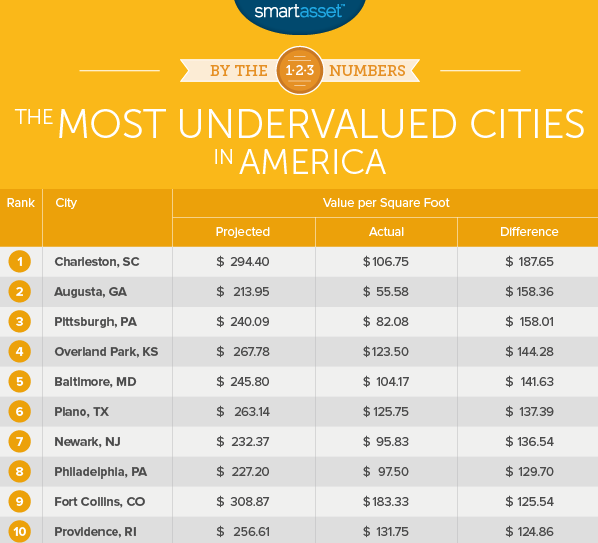Trails Adoption Of Generational Mortgage Finance
— Mar 1, 2017 3:49 am |
The bottlenecks associated with housing finance are enormous. In this report, CHIKA OKEKE writes on the brewing controversy revolving around the adoption of generational mortgage finance.
There have been repeated calls by experts on the need to initiate flexible interest rate as a panacea to mortgage financing in Nigeria.
This is coming on the heels of lamentations by many developers who access mortgage loans from commercial banks at about 15 to 20 per cent interest rate against the official interest rate of six per cent approved by Federal Mortgage Bank of Nigeria (FMBN).
For the approved six per cent interest rate, two per cent goes to FMBN, another two per cent to the contributors of National Housing Fund while the remaining two per cent goes to Primary Mortgage Banks (PMB) that facilitate the mortgage.
Recall that at a 2-day Affordable Housing Summit, organised by the ministry of power, works and housing in collaboration with German Development Cooperation (GIZ) with the theme: “Developing a Blueprint for Affordable Housing Delivery in Nigeria,” one of the outcome of the summit was for the introduction of generational mortgage finance where tenure could be extended beyond the original mortgagee as a solution to mortgage financing.
The request however elicited damning responses from experts who wondered why parents would set aside heavy mortgage for their children even as they lamented the high cost of house rent especially in Abuja.
In an interview with LEADERSHIP, chairman, Urban Shelter Limited, Mallam Ibrahim Aliyu, kicked against the idea of parents leaving behind heavy mortgage for their children.
“I think the decision is in practical; and based on some intellectuals who are trying to give many ideas as they want but I don’t see how it will function,” Aliyu said.
He rather opted for an insurance plan that would facilitate the payment of the mortgage at the expiration of the loan, which he said should not capture individuals that are more than 50 years old.
Aliyu, who is also a former managing director of Nigeria Industrial Development Bank now Bank of Industry added, “An insurance that will insure payment in the event of death should be able to sort out the problem but the idea of collecting mortgage not only for myself but for my son, grandson is unrealistic.”
Also, the president of Trade Union Congress of Nigeria(TUCN), Comrade Bobboi Bala Kaigama, queried if generational mortgage could cover the exorbitant tenancy fee per annum.
According to him, “If a house is not worth more than N10 million, the developer may put it up for N25 million, because they have come up with generational transfer of tenancy, so it’s outrageous and an exploitation.”
He pleaded with stakeholders to join forces with the federal government in resolving the housing challenges in Nigeria adding that generational mortgage could be acceptable if there was equity to back up the mortgage.
“It’s a good development if equity is embedded in the process but where there is no equity, I will obviously challenge the process,” he stated.
But president of FMG platform, Mr Francis Daniel Okumagba, would not agree with that. He argued that the problem did not lie on increasing the number of years to repay the mortgage but due to lopsided decisions in real estate sector.
“In civilised environment, 70 per cent of the houses are apartments comprising of one bedroom flat, studio apartment while 20 per cent are town houses and 5 per cent are county homes.
“But in Nigeria, it’s the other way round. 70 per cent of the houses are country homes, 20 percent are town houses and only 5 per cent are apartments which are houses that people live in to start life,” Okumagba said.
He said 40 per cent of Nigerian population were fresh graduates, who hardly demand for bungalows and duplexes for accommodation. Adding that government should focus more on construction of studio houses and apartments especially in Abuja.
“If you build studio apartment, you can sell a house for N2 million to N3 million and more people will be able to do mortgage with their rent or borrow from the bank within their reach,” he said.
Okumagba decried the high tenancy rate which he described as a mismatch from the salary of average Nigerian worker stressing that accessing mortgage was a herculean task in Nigeria.
Narrating the life of a salary earner, he said, “40 per cent of the salary is used to pay rent, where will they get 20 per cent down payment that mortgage banks are looking for when they still have to pay school fees, feed themselves, and take care of their families.”
He enjoined primary mortgage institutions to maintain single digit interest rate, as that would attract more workers to participate in the National Housing Fund (NHF) contribution.
“We should be having houses that people can afford because even for those who want to do investment, all they need to do is to buy houses that they can rent out and use the rent to service the mortgage and eventually become landlords with the rents paid by tenants but it’s not happening in Nigeria,” he added.
Citing example from United Kingdom, he noted that majority of home owners acquired their property through rent-to-own scheme.
“If you can pay rent, you should be able to own a house and that is what FMG is trying to introduce because we can make people own houses with their rent for as low as N2million to N5million
However, the chief executive officer of Millard Fuller Foundation, Mr Sam Odia expressed divergent views.
According to him, “The issue of generational mortgage is a very good idea if mortgagors know that they don’t have enough time to pay off a mortgage.”
comments powered by
[ad_2]
link


